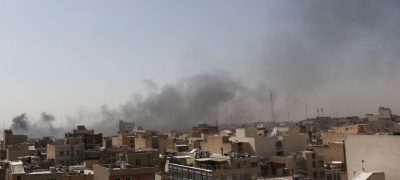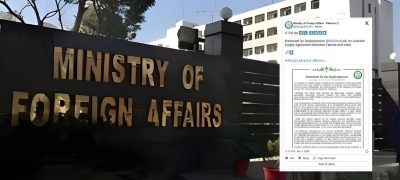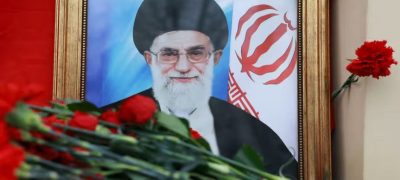The ozone layer is showing signs of recovery, according to a United Nations report. The World Meteorological Organization (WMO) said the hole over Antarctica in 2024 was smaller than in recent years. Scientists called this positive news for both people and the planet.
The ozone layer protects Earth from harmful ultraviolet (UV) radiation. Without it, humans face higher risks of skin cancer and eye damage. Crops and marine life are also vulnerable. Experts credit the Montreal Protocol, a 1987 treaty that phased out ozone-depleting chemicals such as chlorofluorocarbons (CFCs), for driving the recovery.
The WMO report suggests the ozone could return to normal levels by the middle of this century. Some regions are already showing steady improvement. Officials warn, however, that the process is fragile and depends on strict enforcement of environmental rules.
The Antarctic ozone hole first raised global concern in the 1980s. Each year it grew sharply during the Southern Hemisphere’s spring. The smaller hole in 2024 reflects decades of international action. Without the Montreal Protocol, scientists believe much of the ozone could have disappeared by 2065.
Still, challenges remain. Harmful chemicals already in the atmosphere last for decades, so recovery will take time. Climate change also influences atmospheric conditions and could affect the pace of healing.
The recovery brings broad benefits. Reduced UV radiation means lower health risks for humans. It also protects crops and marine ecosystems, which are vital for food chains.
The Montreal Protocol is widely seen as one of the most successful environmental treaties. It shows how global cooperation can solve major crises. The UN hopes the same model can inspire efforts against climate change and pollution.
The smaller Antarctic hole in 2024 is a hopeful sign. Experts believe the ozone will heal fully by mid-century if current efforts continue. The report is a reminder that coordinated action can restore the planet’s natural systems, though patience and vigilance remain essential.
For more on global media rights and the full findings, read the latest news on :Arab-Islamic Summit urges sanctions & UN suspension of Israel







